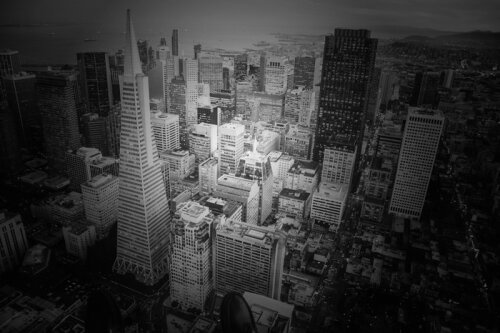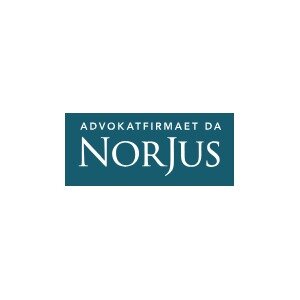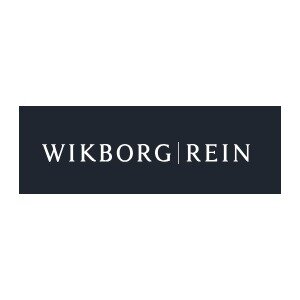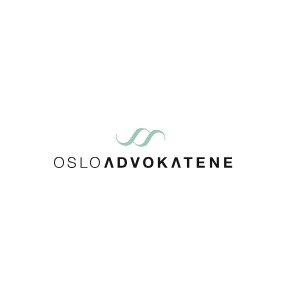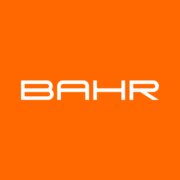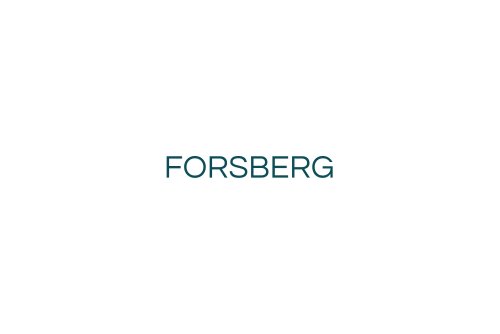Best FDA Law Lawyers in Oslo
Share your needs with us, get contacted by law firms.
Free. Takes 2 min.
List of the best lawyers in Oslo, Norway
About FDA Law in Oslo, Norway
FDA Law refers to legal regulations and requirements concerning food, drugs, medical devices, cosmetics, and other health-related products. In Oslo, Norway, FDA Law is governed primarily by national legislation as enforced by Norwegian authorities, rather than a distinct "Food and Drug Administration" agency as found in the United States. The key bodies responsible include the Norwegian Medicines Agency (Legemiddelverket) and the Norwegian Food Safety Authority (Mattilsynet), both headquartered in Oslo. These agencies ensure compliance with safety, labeling, import, marketing, and quality standards for food products, pharmaceuticals, and healthcare commodities throughout Norway.
Why You May Need a Lawyer
Legal guidance is often necessary when dealing with FDA-related matters due to the complexity of regulations, frequent updates, and strict compliance requirements. Individuals and organizations might seek a lawyer in Oslo for several reasons, such as:
- Registering a new pharmaceutical, medical device, or food supplement
- Obtaining approvals and licenses for food or drug products
- Navigating product recalls, or addressing compliance breaches
- Labeling disputes or alleged misbranding
- Importing or exporting regulated products
- Responding to inspections or enforcement actions
- Intellectual property protection for drug formulations or medical devices
- Consumer safety complaints or litigation
A lawyer with FDA law experience helps avoid regulatory pitfalls, ensures legal compliance, and protects your business interests.
Local Laws Overview
Norwegian FDA Law is primarily shaped by multiple national regulations, many of which also comply with wider European Economic Area (EEA) legislation. Notable laws and bodies include:
- Legemiddelloven (Medicines Act): Governs all aspects of pharmaceuticals, clinical trials, and medical devices.
- Matloven (Food Act): Covers food safety, labeling, and hygiene regulations for all food operators.
- Norsk legemiddelverk (Norwegian Medicines Agency): Responsible for pharmaceutical regulatory control, including licensing and post-market surveillance.
- Mattilsynet (Norwegian Food Safety Authority): Oversees food safety, animal health, import/export compliance, and nutrition labeling.
- Strict rules for product claims, advertising, and consumer information to ensure accuracy and protect public health.
- Requirements for traceability, batch control, and documentation throughout the supply chain.
- Integration with European Medicines Agency (EMA) and European Food Safety Authority (EFSA) directives, which adds cross-border regulatory complexity.
Non-compliance can result in penalties, recalls, or even criminal charges, making proactive legal advice essential for both businesses and individuals.
Frequently Asked Questions
What agencies regulate food and drugs in Oslo, Norway?
The Norwegian Medicines Agency is responsible for medicines and medical devices, while the Norwegian Food Safety Authority handles food products and nutritional supplements.
Do I need approval before selling supplements or medical devices?
Yes, most supplements and medical devices must be registered or receive approval before being marketed in Norway. Requirements vary based on product type and health claims.
Are Norwegian FDA laws aligned with EU rules?
Yes, Norwegian regulations often mirror European Union and European Economic Area standards, especially for pharmaceuticals and food safety.
What are the penalties for non-compliance with these regulations?
Penalties can include fines, product recalls, loss of license, or in severe cases, prosecution. The severity depends on the risk posed to public health and the nature of the violation.
What information must be on product labeling?
Labels must include product name, ingredients, producer information, expiration dates, usage instructions, and required warnings. All information must be in Norwegian.
Can I advertise food and drug products freely?
Advertising is strictly regulated. Marketing claims must be truthful, not misleading, and comply with both national and EU regulations. Medicines cannot be marketed to the public without authorization.
How do I handle a product recall?
You must notify authorities, provide traceability information, and follow all necessary public health protections. Legal advice can help manage communication and minimize liability.
What is the process for registering a new pharmaceutical?
The process involves submitting clinical trial data, demonstrating safety and efficacy, and providing manufacturing details to the Norwegian Medicines Agency. The procedure can be lengthy and complex.
Do import rules differ for products from outside the EEA?
Yes, additional customs, safety checks, and documentation are typically required for products entering Norway from non-EEA countries.
Can individuals seek compensation for harm caused by regulated products?
Yes, individuals may pursue legal claims for damages under Norwegian product liability law if harmed by unsafe or defective food, drugs, or medical devices.
Additional Resources
For those looking for further information or support regarding FDA Law in Oslo, these resources may be helpful:
- Norwegian Medicines Agency (Statens legemiddelverk) - information on medicine and medical device regulations
- Norwegian Food Safety Authority (Mattilsynet) - guidance on food, supplements, and labeling compliance
- Norwegian Directorate of Health (Helsedirektoratet) - public health legislation and policy oversight
- Consumer Council of Norway (Forbrukerrådet) - help with rights and complaints involving food and health products
- Local law firms or legal aid organizations specializing in medical and regulatory law
Next Steps
If you believe you require legal assistance related to FDA Law in Oslo, Norway, consider the following steps:
- Gather all relevant documents, correspondence, and product details.
- Consult the official websites of Norwegian regulatory agencies for preliminary guidance.
- Contact a local lawyer or law firm with experience handling food, pharmaceutical, or medical device matters.
- Prepare a list of questions and objectives for your initial legal consultation.
- Stay informed about regulatory updates that could impact your situation.
Taking early legal advice is the most effective way to navigate complex regulatory challenges, ensure compliance, and safeguard your interests under Norwegian FDA Law.
Lawzana helps you find the best lawyers and law firms in Oslo through a curated and pre-screened list of qualified legal professionals. Our platform offers rankings and detailed profiles of attorneys and law firms, allowing you to compare based on practice areas, including FDA Law, experience, and client feedback.
Each profile includes a description of the firm's areas of practice, client reviews, team members and partners, year of establishment, spoken languages, office locations, contact information, social media presence, and any published articles or resources. Most firms on our platform speak English and are experienced in both local and international legal matters.
Get a quote from top-rated law firms in Oslo, Norway — quickly, securely, and without unnecessary hassle.
Disclaimer:
The information provided on this page is for general informational purposes only and does not constitute legal advice. While we strive to ensure the accuracy and relevance of the content, legal information may change over time, and interpretations of the law can vary. You should always consult with a qualified legal professional for advice specific to your situation.
We disclaim all liability for actions taken or not taken based on the content of this page. If you believe any information is incorrect or outdated, please contact us, and we will review and update it where appropriate.



